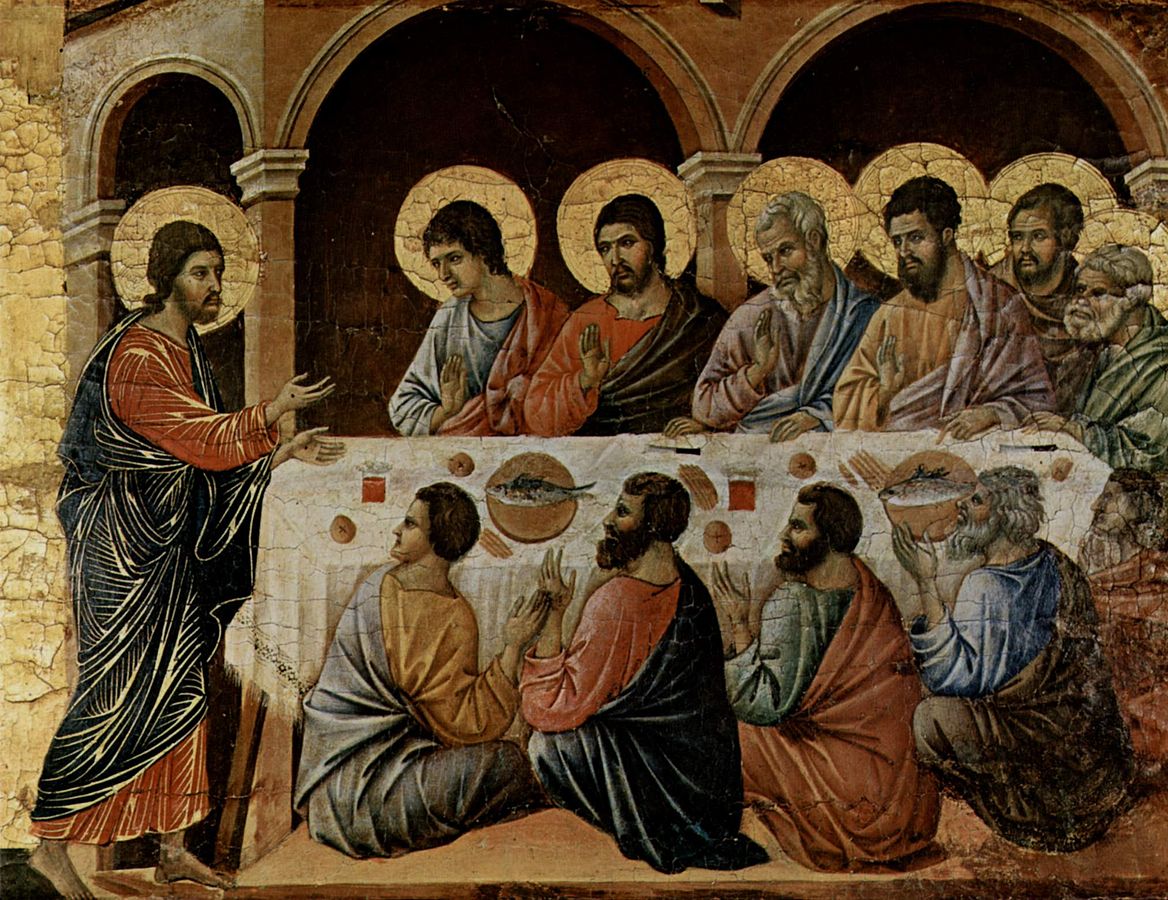by Lois Tverberg
You have heard that it was said, “Do not commit adultery.” But I tell you that anyone who looks at a woman lustfully has already committed adultery with her in his heart. Matthew 5:27-28
The rabbis of Jesus’ day sought to motivate  people to obey God’s word and stay far from sin. One technique they employed was to point out how seemingly small sins can evolve into much greater sins. (1) This was called kalah ka-hamurah (“light as heavy”), an abbreviation of mitsvah kalah ka-mitsvah hamurah (“a light commandment is like a heavy commandment”). In other words, kalah ka-hamurah relays the sense that breaking a less significant law is linked to breaking a greater law. The same style of logic appears in Jesus’ teaching when he compares anger to murder and lust to adultery (Mt 5:22-23, 27-28).
people to obey God’s word and stay far from sin. One technique they employed was to point out how seemingly small sins can evolve into much greater sins. (1) This was called kalah ka-hamurah (“light as heavy”), an abbreviation of mitsvah kalah ka-mitsvah hamurah (“a light commandment is like a heavy commandment”). In other words, kalah ka-hamurah relays the sense that breaking a less significant law is linked to breaking a greater law. The same style of logic appears in Jesus’ teaching when he compares anger to murder and lust to adultery (Mt 5:22-23, 27-28).
Other rabbis applied this same technique to make listeners aware of the potential damage that their words can do. The question was asked, to which sin is lashon hara (the “evil tongue,” gossip) more closely related—theft or murder? The answer is murder, because a robber can always give back what he has stolen, but a murderer, as well as a gossip, can never repair all the damage that he or she has done. (2)
Not to be outdone, another source compares gossip to the murder of three persons! (3) It observes that not only do you “murder” the reputation of the object of your gossip, but you “murder” yourself, showing you are a person who savors ugly ideas about others and can’t be trusted not to betray those around you. By bringing someone else down, you bring yourself down too. And finally, you “murder” the person who listens to you. You load them down with information that will create disgust for the gossip’s subject, and tempt them to spread the word to yet more hearers.
Yet another rabbinic source asserts that gossip is like committing the three worst possible sins in Jewish thinking: idolatry, adultery, and murder! (4) Murder, of course, for what you are doing to another’s reputation. Adultery, because you are betraying a person’s trust; and idolatry, because you are acting as if you don’t believe God is listening to your words.
The rabbis’ purpose in conflating small sins with greater ones was not so much theological, but motivational. They were reminding their audiences of an important truth—that if we want to avoid sin, the time to scrutinize our conduct is when the choice is easy and the temptation is small. We do that when we consider the consequences of even our most minor actions.
(1) Joseph Telushkin, Words that Hurt, Words that Heal (Quill, 1996) p. xx
(2) David Bivin, New Light on the Difficult Words of Jesus, (En-Gedi, 2005) p. 97.
(3) Babylonian Talmud, Arachin 15b.
(4) Ibid.
Photo: Moreau.henri











